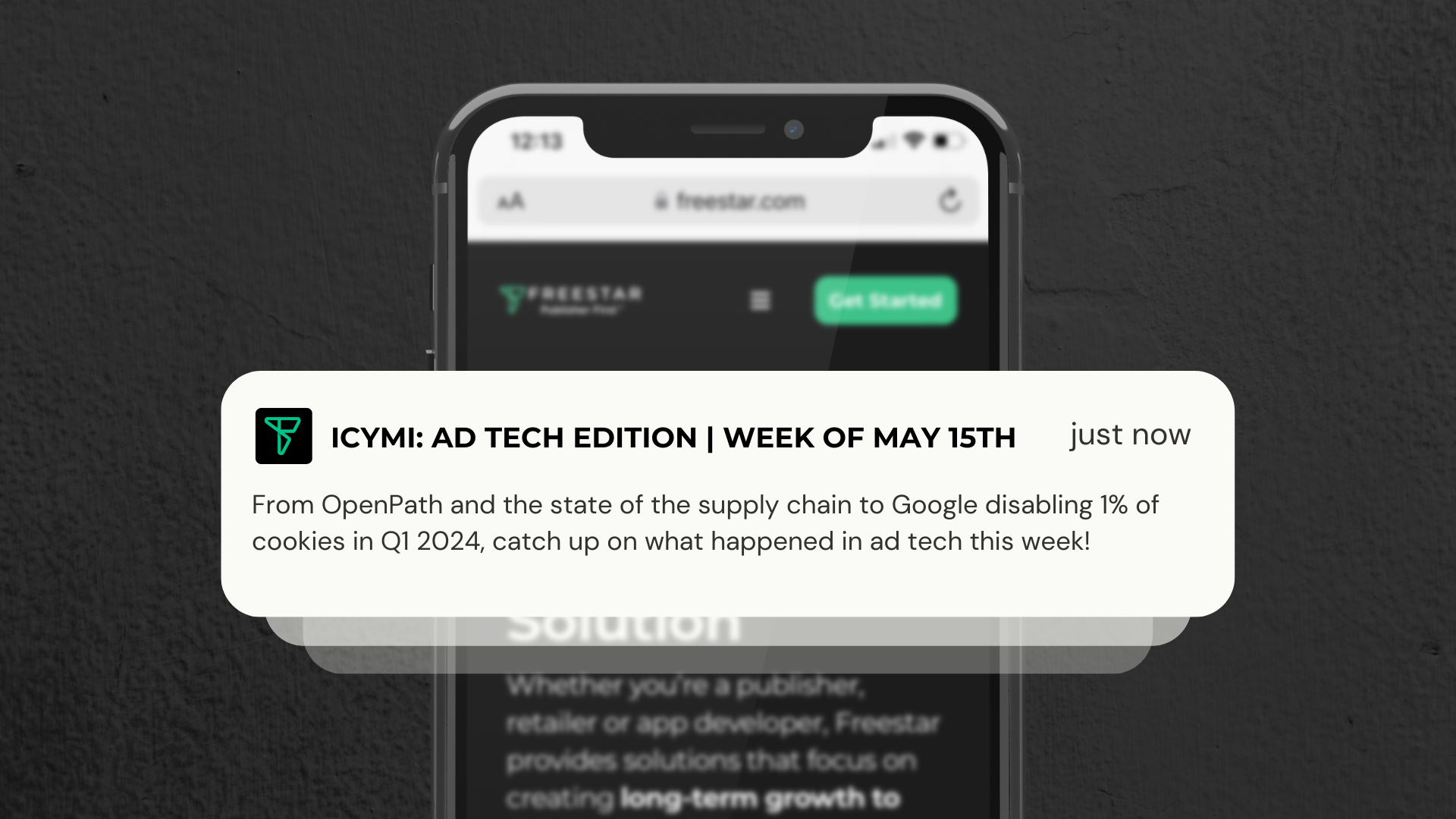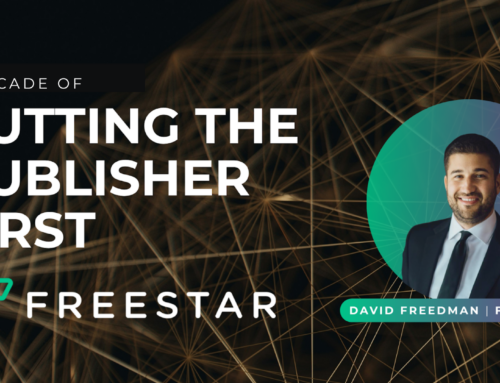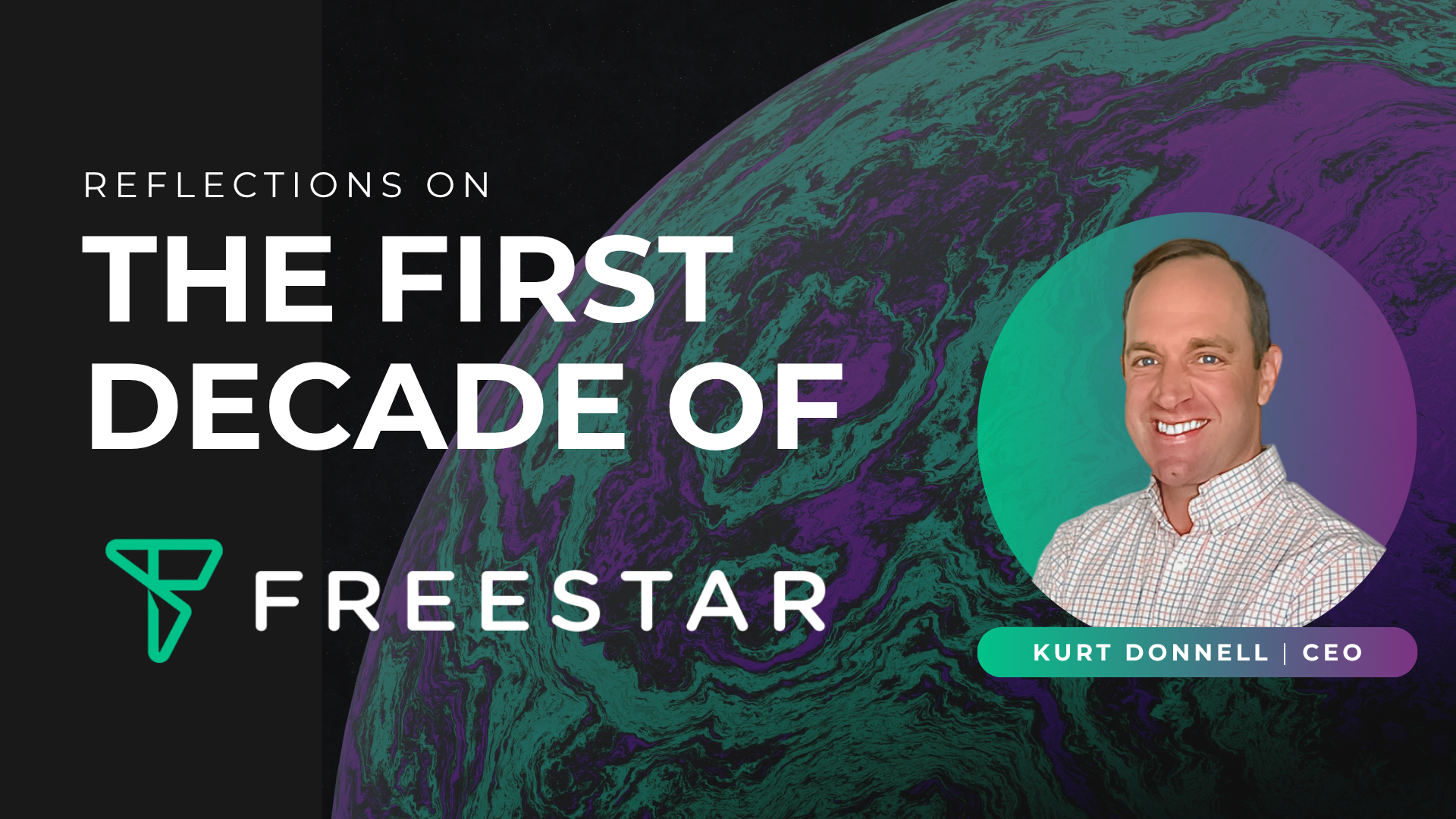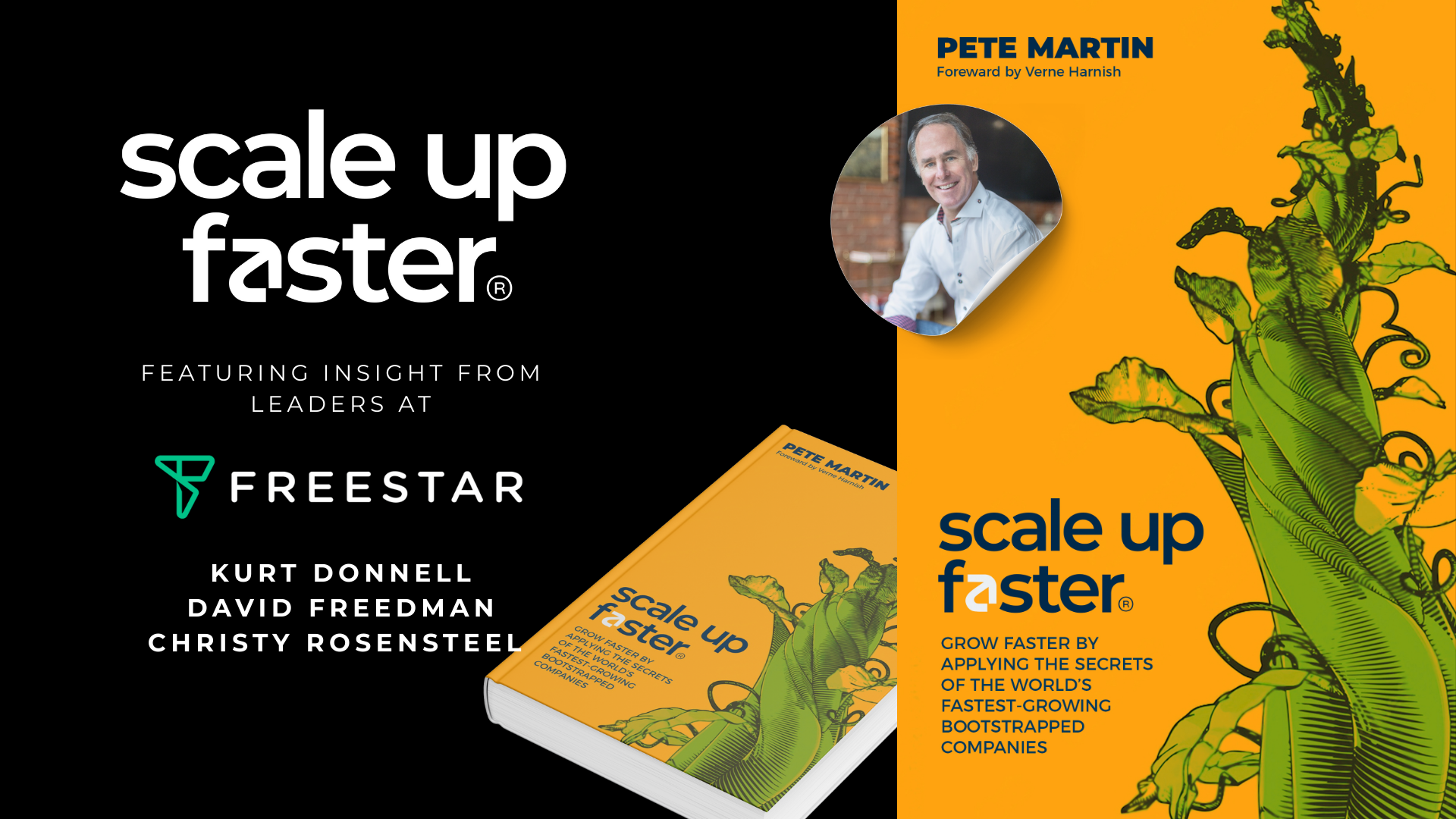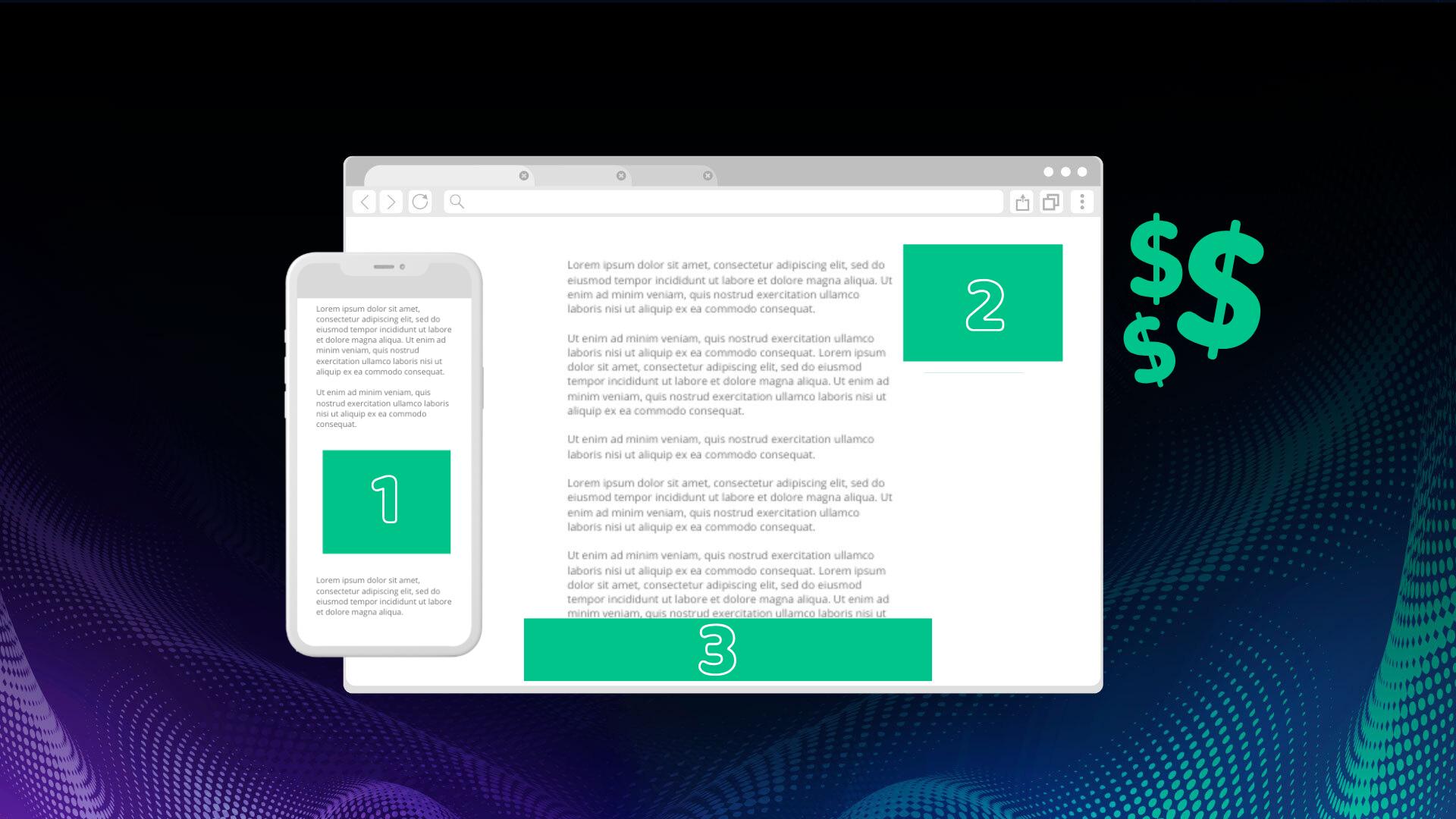Bits and Bobs from around the industry:
OpenPath and the state of the supply chain | The Current
The article discusses the complexity and opacity of the supply chain in the digital advertising industry compared to other industries. It highlights how prices for digital ads can fluctuate wildly, often due to manipulation and obfuscation within the supply chain. The author emphasizes the dominance of Google’s DoubleClick for Publishers (DFP) and its impact on limiting supply-side competition and obscuring value for advertisers and publishers. The article also mentions The Trade Desk’s efforts to bring transparency to the supply chain through their product called OpenPath, which allows for transparent sharing of bids and asks with publishers. The author argues that transparency and visibility into the supply chain are crucial for publishers to make informed decisions and manage auction dynamics effectively. The article concludes by emphasizing the need for industry collaboration and innovations to create a healthier and more transparent supply chain in digital advertising.
New Consent Management Platform requirements for serving ads in the EEA and UK | Google Ad Manager
The article discusses a new requirement for Consent Management Platforms (CMPs) that integrate with Google Ad Manager. It states that starting August 11, 2023, all CMPs must pass certain criteria and be listed on the Google Ad Tech Provider Directory to continue working with Google Ad Manager. The requirement aims to improve transparency and user control over consent choices for personalized ads. CMPs need to demonstrate compliance with relevant laws and regulations, provide clear disclosures to users, offer granular controls for consent, and maintain records of user consent choices. The article also mentions that Google is working with industry organizations to develop a common framework for the integration of CMPs.
TCF 2.2 Launches! All You Need To Know | IAB Europe
The article announces the launch of Transparency and Consent Framework (TCF) version 2.2. TCF is an industry-standard framework developed by IAB Europe to facilitate transparency and user choice in digital advertising. The new version, TCF 2.2, introduces several updates and enhancements to improve user privacy and consent management. Some key features of TCF 2.2 include enhanced controls for users to manage their consent preferences, increased support for contextual advertising, improved data processing purposes, and additional flexibility for publishers and vendors in customizing consent management. The article provides a comprehensive overview of the updates and highlights the benefits and implications for different stakeholders in the digital advertising ecosystem.
Google will disable third-party cookies for 1% of Chrome users in Q1 2024 | TechCrunch
The TechCrunch article reports that Google plans to disable third-party cookies for 1% of Chrome users in the first quarter of 2024 as part of its ongoing efforts to enhance user privacy. This move is a significant step towards Google’s larger goal of phasing out third-party cookies completely.
By disabling third-party cookies, Google aims to assess the impact on ad targeting and measurement, as well as gather feedback from advertisers and publishers. This limited rollout allows them to test alternative solutions and refine their approach before implementing it across the entire Chrome user base.
The article notes that this decision aligns with Google’s broader strategy of transitioning towards a more privacy-centric advertising ecosystem. It also acknowledges the challenges and potential disruptions this change may pose for advertisers who heavily rely on third-party cookies for targeting and tracking.
Overall, Google’s plan to disable third-party cookies for a small percentage of Chrome users in early 2024 represents a significant milestone in their journey towards a privacy-focused ad ecosystem. It allows them to evaluate the impact and gather valuable insights before implementing similar changes on a larger scale.

